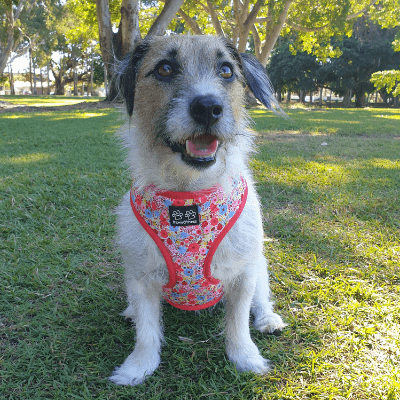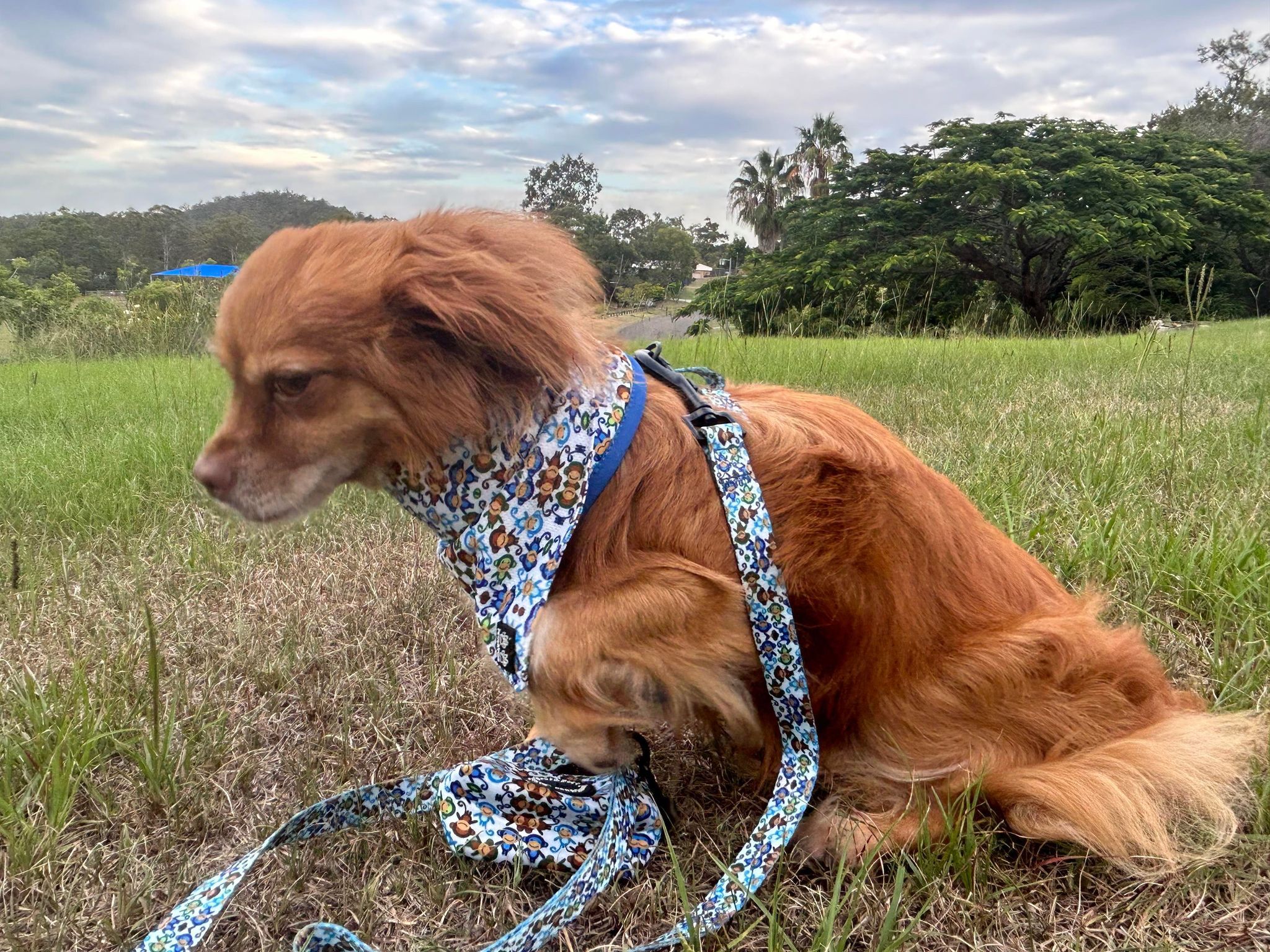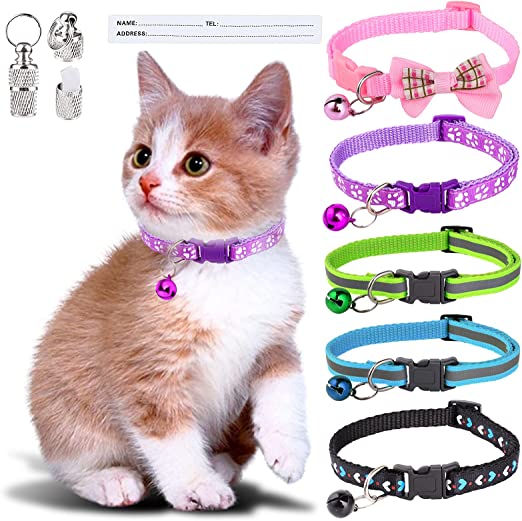PETBLOG
Addison’s disease in Dogs: Symptoms, Prevention, and Treatment
Introduction
Addison’s disease, also known as hypoadrenocorticism, is a rare but serious condition that affects dogs. It occurs when the adrenal glands, located near the kidneys, do not produce enough hormones to maintain normal bodily functions. In this article, we will discuss the main symptoms, how to prevent and treat Addison’s disease, and provide some P&F tips for managing this condition.
Symptoms:
- Weakness and lethargy: Dogs with Addison’s disease may experience a lack of energy and fatigue, making them less interested in play and exercise.
- Vomiting and diarrhea: These symptoms can be mild or severe and can occur on a regular basis.
- Dehydration: Addison’s disease can cause dehydration, which can lead to a number of complications if not addressed.
- Loss of appetite: Dogs with Addison’s disease may lose their appetite and lose weight as a result.
- Shaking and tremors: In some cases, dogs with Addison’s disease may experience shaking or tremors, which can be a sign of low blood sugar.
Prevention:
- Regular veterinary check-ups: Regular check-ups with your veterinarian can help detect and treat Addison’s disease early.
- Proper nutrition: Feeding your dog a well-balanced diet with high-quality protein and nutrients can help support their overall health.
- Vaccinations: Keeping your dog up-to-date on their vaccinations can help prevent infectious diseases that may lead to Addison’s disease.
- Exercise: Regular exercise can help keep your dog healthy and reduce their risk of developing Addison’s disease.
- Avoid stress: Minimizing your dog’s stress levels can help prevent the onset of Addison’s disease.
Upgrade your furry friend’s walks today with our comfortable and secure dog harness!
Classic Harness + Lead
Classic Harness + Lead
Adjustable Harness + Lead
Adjustable Harness + Lead
Collars
 Treatment:
Treatment:
- Hormone replacement therapy: The most common treatment for Addison’s disease involves replacing the hormones that the adrenal glands are not producing with medication.
- Fluid therapy: If your dog is dehydrated, they may need to receive fluids to help restore their hydration levels.
- Regular monitoring: Regular check-ups with your veterinarian are important to ensure that your dog’s hormone levels are being properly regulated.
- Emergency care: In the event of an Addisonian crisis, emergency care may be necessary to stabilize your dog’s condition.
- Supportive care: Providing your dog with supportive care, such as a comfortable and stress-free environment, can help them recover from Addison’s disease.
P&F Tips for treating rabies in dogs:
- Stay on top of medication: It is important to give your dog their medication as prescribed and on a regular schedule to help regulate their hormone levels.
- Monitor for side effects: Some dogs may experience side effects from their medication, so it is important to monitor for any changes in behavior or health.
- Manage stress: Addison’s disease can be triggered by stress, so it is important to minimize your dog’s stress levels as much as possible.
- Keep your veterinarian informed: Regular communication with your veterinarian can help ensure that your dog’s treatment plan is effective and any concerns are addressed promptly.
- Stay vigilant: Even with proper treatment, dogs with Addison’s disease may experience relapses or other complications, so it is important to stay vigilant and monitor their health regularly.
Conclusion
Addison’s disease can be a serious and potentially life-threatening condition, but with proper treatment and management, dogs with this condition can live long and healthy lives. If you suspect your dog may be experiencing symptoms of Addison’s disease, it is important to consult with your veterinarian as soon as possible. With early detection and proper treatment, many dogs with Addison’s disease can go on to lead happy and healthy lives.
Disclaimer: All information provided on pawsandfuzz.com, including pet articles and other articles, is for educational purposes only and should not be construed as advice or recommendations. Our goal is to provide accurate and up-to-date information, but we cannot guarantee that the information is 100% accurate. For advice or recommendations regarding their specific situation, the reader should always consult a professional or expert in the field. pawsandfuzz.com and the pet articles published on the website are not liable for any loss or injury arising from their use or reliance. Remember to always consult with a licensed veterinarian before administering any medications or treatments to your pet and to follow the manufacturer’s instructions when using any pet care products.
Unleash your pup’s cuteness with our comfy and cute dog harness
Adjustable Harness + Lead
Adjustable Harness
Poop Bags
Classic Harness + Lead
Recommended Products



















